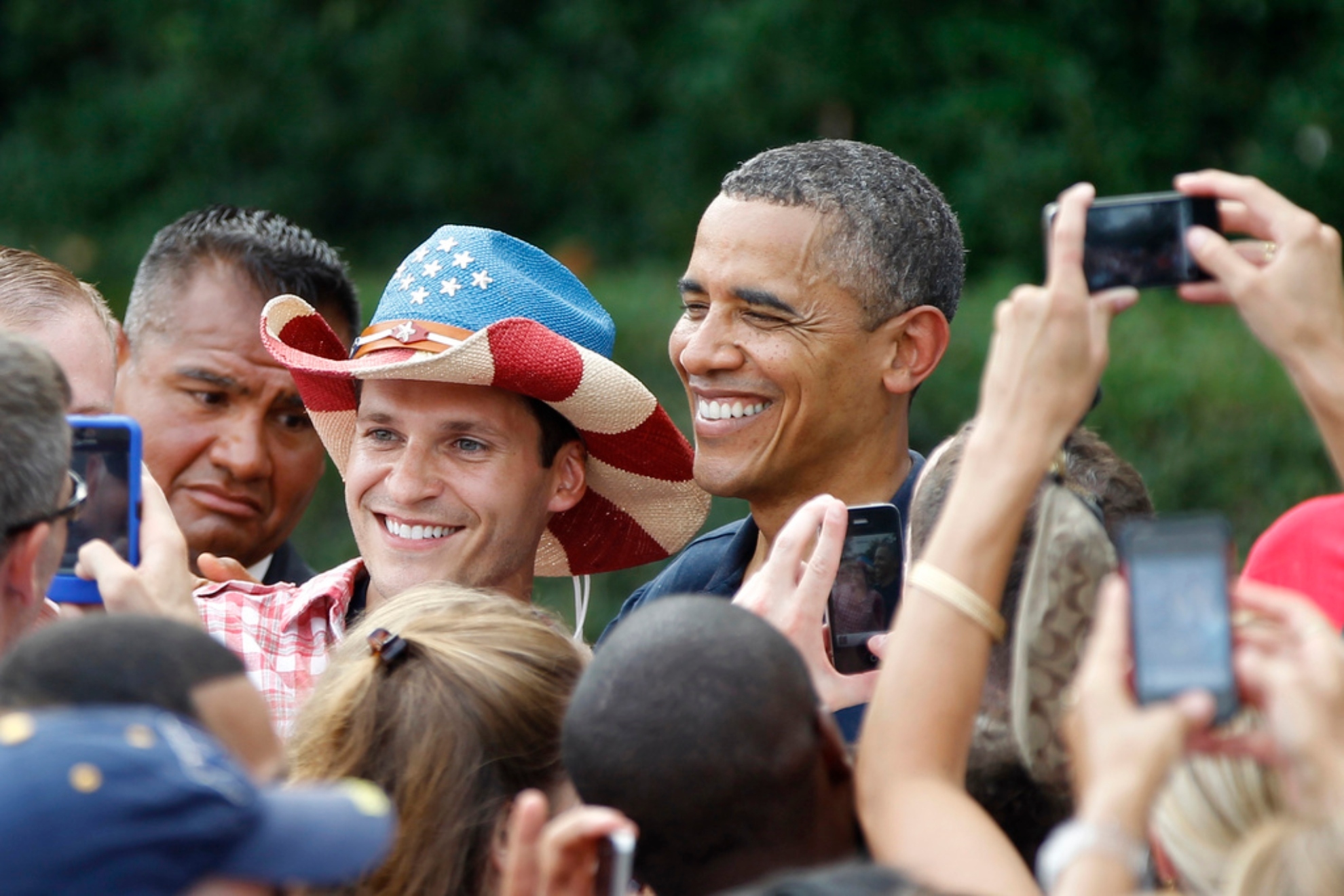Barack Obama, the 44th President of the United States, remains an iconic figure whose influence transcends the political sphere. Following his departure from office, he has not merely faded into the annals of history; rather, he has deftly navigated the complexities of contemporary societal issues, advocating for change with a vigor that resonates with many across the globe. A deeper examination reveals that his unwavering commitment to progress and equality is where his true legacy lies.
One of the hallmarks of Obama’s presidency was his ability to inspire hope in the face of adversity. His eloquent speeches and charismatic demeanor captivated audiences, fostering a renewed sense of optimism. This unique capacity to connect with people on both personal and political levels shifted conventional perspectives about leadership. Instead of viewing politicians as distant figures, Obama artfully presented a narrative that made political engagement feel both accessible and imperative. His narrative continues to inspire a generation eager for transformative change.
In the post-presidency landscape, Obama has not remained idle. He has embraced his role as a global citizen and advocate for myriad causes, from climate change to healthcare reform. The launch of the Obama Foundation is emblematic of his desire to empower young leaders and promote civic engagement. This initiative not only encourages the next generation to take up the mantle of leadership but also serves as a platform for discussing pressing global issues. The foundation’s focus on developing innovative solutions is indicative of Obama’s belief that policy is not merely about governance, but about fostering community connections and collaborative action.
Curiously, Obama’s approach has shifted from traditional politics to a more personal, narrative-driven style. By sharing stories of individuals affected by the policies he supports, he humanizes complex issues, prompting audiences to reconsider their preconceived notions. This technique not only piques curiosity but also engenders empathy, allowing for a deeper understanding of the socio-political landscape. It raises an essential question: how can storytelling reshape our perception of critical issues?
Moreover, Obama’s continued vocal opposition against divisive politics underscores his commitment to unity and dialogue. In a world rife with polarization, he advocates for discussions that build bridges rather than walls. His unyielding belief in the power of democracy and collective action serves as a reminder that change is attainable when individuals come together, regardless of their backgrounds.
In conclusion, Barack Obama exemplifies the potential of modern leadership—a synthesis of hope, advocacy, and collaboration. By fostering a renewed perspective on political engagement through his post-presidential efforts, he invites us all to participate in the ever-evolving story of democracy. The question remains: are we willing to embrace this call to action and be a part of the narrative that shapes our future?
